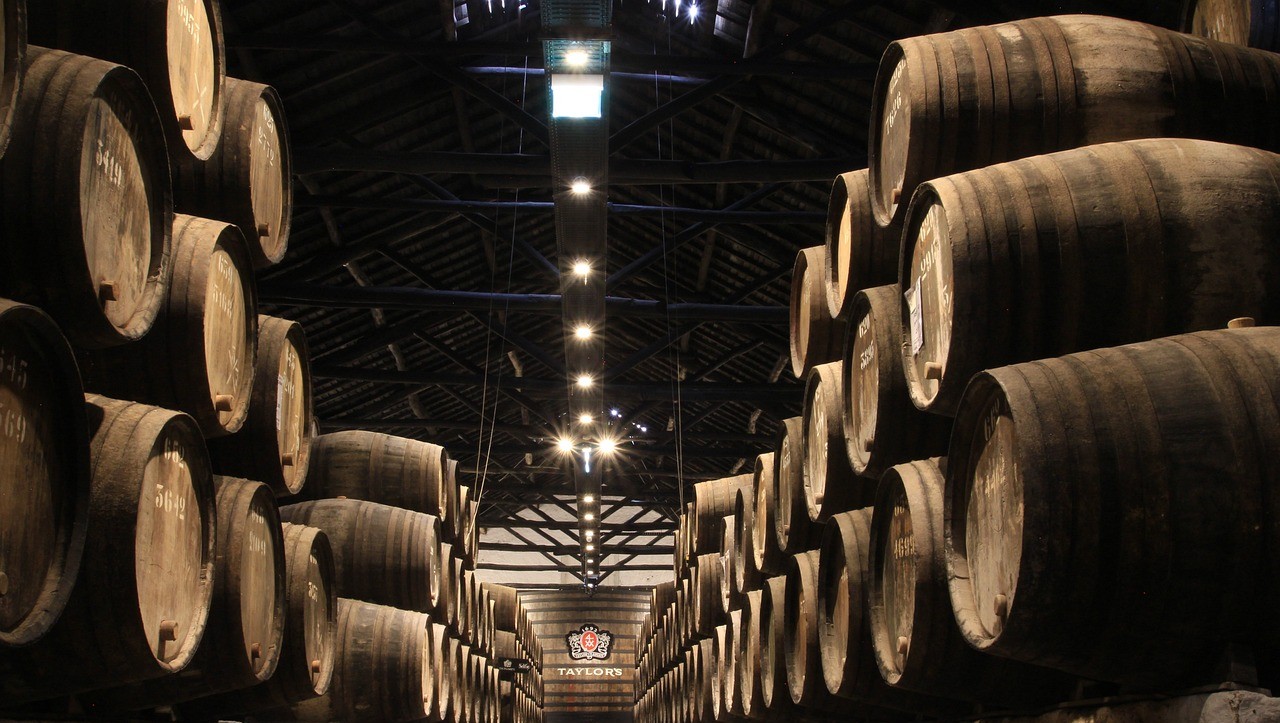Speakeasies and other secrets
Doctors did what? 10 shocking Prohibition facts they didn't tell you!

Image: Mister Mister
With the passage of the 18th Amendment in 1919, the Prohibition era began, lasting a long 13 years. It was a time when just about everything happened... but all in secret! Beyond the now-famous speakeasies, there are plenty of surprising events from this chapter of our history that you might not know! So, without further ado, let's uncover these 10 incredible facts about Prohibition!
1
The doctor said so

Image: Vinicius Amano
It's not news that alcohol was completely banned across the country from 1920 to 1933. But, you know, every law has its loophole. It's said that during Prohibition, some doctors took advantage of their authority to prescribe a peculiar medicine: whiskey! Well, if the doctor prescribed it, what could the cops possibly argue?
2
The queen

Image: Daniel Vogel
Women also played an important role during Prohibition on both sides of the law! One of the most notorious was Cleo Lythgoe, a.k.a. the "Queen of the Bootleggers." As her nickname suggests, she was one of the most successful bootleggers of those years. That's right! She built an empire, running a major underground operation that supplied alcohol to secret bars.
3
Clever marketing

Image: April Klein
Although they feel like something recent, marketing strategies have been around for a long time. In fact, even during Prohibition, clever sales tactics flourished by exploiting the nation's circumstances. This was the case with the so‑called "grape bricks," blocks of concentrated grape juice that came with some rather peculiar warnings, such as "NOT to dissolve in water, add yeast and store in a cool place for 21 days, or it may ferment and turn into wine."
4
NASCAR

Image: Simon Hurry
Although it may seem like nonsense, NASCAR's origins are closely related to bootlegging during the Prohibition era. The "moonshiners" were those who transported illegal alcohol. These drivers were skilled, relying on speed and sharp maneuvers to outrun the law. Those same driving techniques later helped give rise to stock car racing.
5
Sacramental

Image: Rey Proenza
Prohibition was full of loopholes. But undoubtedly, one of the most obvious ones was the allowance for sacramental wine. Since wine used in church masses was permitted, it led to more people attending certain services, and even the rise of some pseudo-religions!
6
A payment issue

Image: Mackenzie Marco
Prohibition agents were in charge of enforcing the dry law. However, there was one big problem the authorities overlooked: these agents were poorly paid. That small detail helped the illegal liquor trade thrive. Since agents weren't well paid, bootleggers found them easy to bribe.
7
Risky times

Image: Nick Fewings
The fight against alcohol sales was far from easy, and historical records suggest that, as a result, the authorities took some drastic measures. One of them was the decision to add highly toxic chemicals to the alcoholic beverages circulating at the time! But here's the most surprising part: many people knew -or at least suspected- and still drank their gin and tonic anyway!
8
A lot

Image: Sérgio Alves Santos
We know that Prohibition gave rise to the famous speakeasies, and we know there were a lot of them, but how many? Well, because they operated in secret, it's hard to know exactly how many speakeasies existed across the country. Still, one fact gives us a clear picture of that time: Speakeasies actually outnumbered the bars that existed before Prohibition.
9
The man in the green hat

Image: JOSHUA COLEMAN
Bootleggers were everywhere, even where you'd least expect them. During the Prohibition years, there was one man who operated as the main bootlegger of Congress. He was nicknamed "The man in the green hat" as a reference to his trademark green fedora.
10
After sunset

Image: Anna Asryan
In Detroit, the Police Department grew tired of constantly chasing smugglers down the Detroit River. As these chases were extremely risky and often ended in accidents, the Detroit Police Department adopted an unofficial policy: "No active chases after sunset." As you can imagine, this gave smugglers a lapse of time each night to move without worry.



























